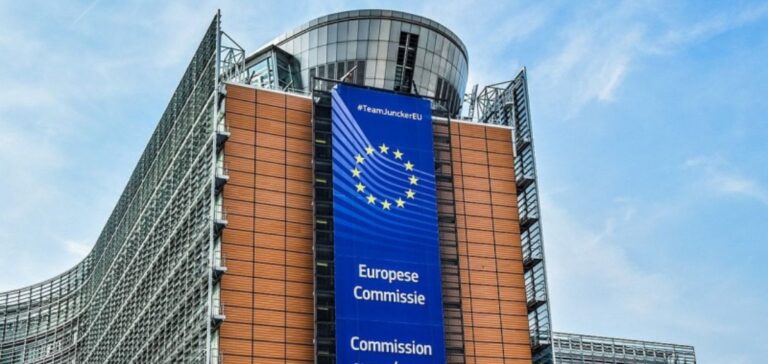European Commission President Ursula von der Leyen said on February 15 that Russian President Vladimir Putin had already lost the energy war he initiated, and that his attempts to hold Europe hostage had failed. In her speech to the European Parliament, von der Leyen said that the EU had repositioned itself and freed itself from its dependence on Russian energy.
A failed Putin strategy
The President of the European Commission stressed that the European Union has repositioned itself and freed itself from its dependence on Russian energy. She added that Russia had gradually reduced gas supplies to Europe in 2022, helping to drive prices to record levels.
The EU’s “smart” energy policy has allowed it to resist Russian pressure, she added. Today, one year after the beginning of the war, Russia has already lost the energy war it initiated. Russia’s income from selling gas to Europe has fallen by two-thirds, while gas prices have fallen, von der Leyen explained.
Gas prices in Europe are now lower than before Russia invaded Ukraine, and Europe is investing in clean energy and energy independence like never before.
EU resists Russian pressure thanks to its unity and a “smart” energy policy
Von der Leyen said that European unity and an “intelligent” energy policy meant that the EU had been able to resist Russian pressure. “Our economy is now performing significantly better than expected,” she said. “Putin’s attempt to blackmail Europe with energy has been a resounding failure.”
Energy diversification in the EU
EU member states agreed in July to a voluntary reduction in gas demand of 15% between August 2022 and March 2023, compared to their average consumption over the past five years, but many countries have saved more gas than expected.
According to the EU’s statistics agency, Eurostat, EU consumption was 20.1% below the average for the same period between 2017 and 2021, between August and November 2022.
European Commission Vice President Maros Sefcovic said the EU had to adapt and diversify quickly given its over-reliance on Russian fossil fuels. “We have reduced our energy consumption and turned to alternative gas suppliers,” he said.
Plans to buy gas jointly
Sefcovic said, however, that finding alternative gas suppliers to replace Russia has a cost, which is why the EU is developing plans to jointly purchase gas for the first time in its history, leveraging its political and economic clout.





















